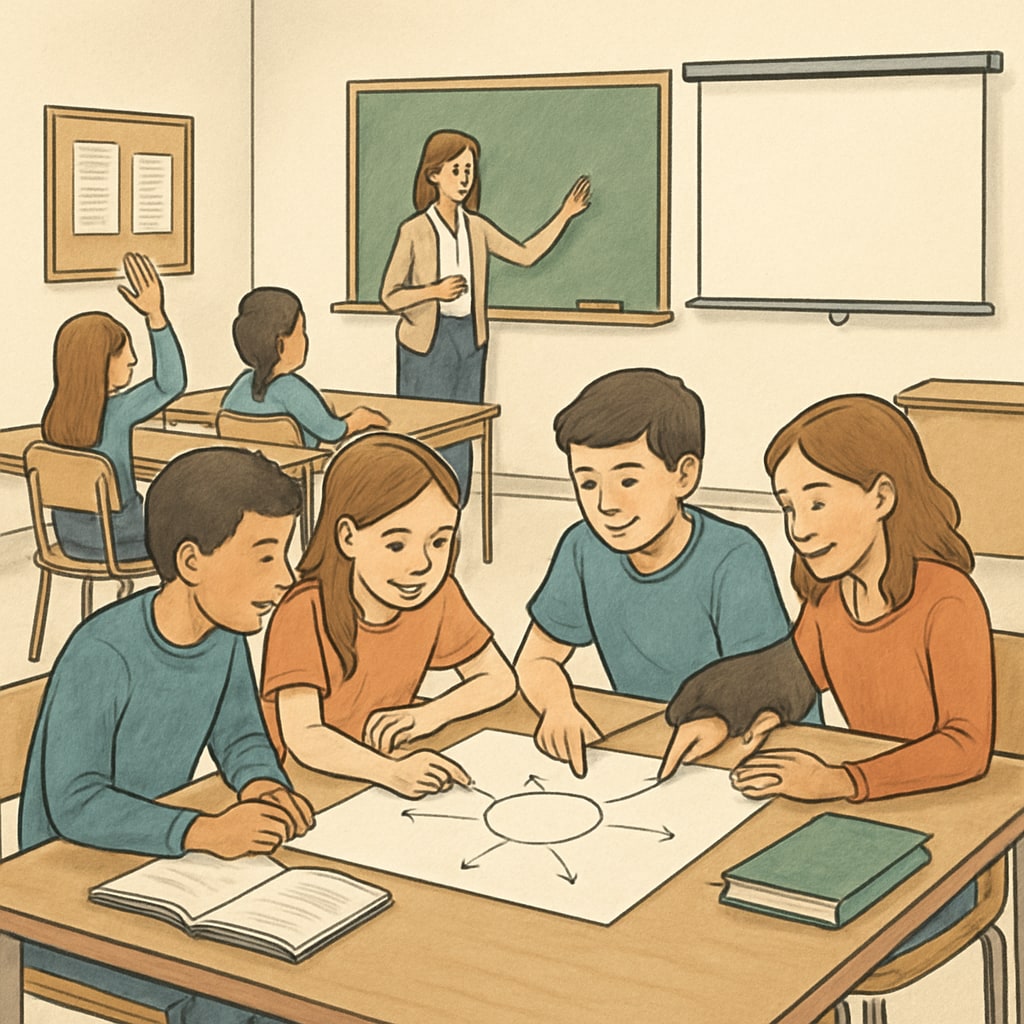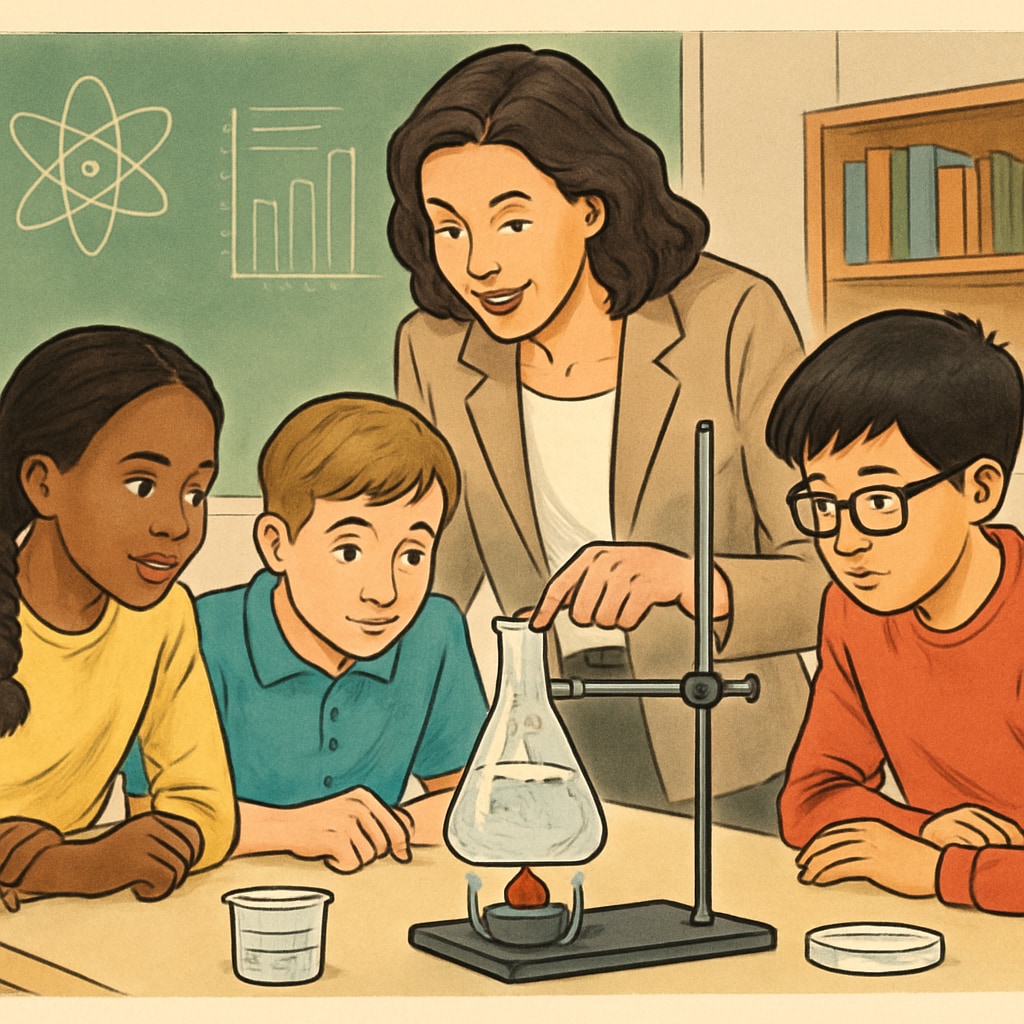Education, personal growth, and critical thinking form the cornerstone of an individual’s development. Far from being limited to the transmission of knowledge, education serves as a transformative force that shapes character, fosters self-awareness, and cultivates an open and analytical mindset. This transformative journey starts at a young age, particularly during the K12 years, where students are not only equipped with academic skills but are also guided to become better versions of themselves.

How Education Shapes Character
Character development is one of the most profound impacts of education. Schools act as microcosms of society, exposing children to diverse perspectives and teaching them the values of respect, empathy, and integrity. Through interactions with peers, teachers, and the curriculum, students learn the principles of fairness, responsibility, and resilience.
For example, group projects encourage teamwork and the ability to navigate conflicts constructively. Similarly, extracurricular activities such as sports and arts teach the importance of discipline and perseverance. These experiences equip students with the moral compass needed to thrive in a complex world. As Britannica explains, education’s role in moral development is foundational to creating responsible citizens.
The Role of Critical Thinking in Education
Beyond character, education plays a pivotal role in nurturing critical thinking skills. The ability to analyze, evaluate, and synthesize information is essential in making informed decisions and solving complex problems. Critical thinking empowers students to question assumptions, assess evidence, and articulate well-reasoned arguments.
For instance, subjects like history and science encourage students to explore multiple perspectives and engage in evidence-based reasoning. Debates, problem-solving activities, and project-based learning further enhance these skills. According to Wikipedia, critical thinking is not merely about skepticism but involves curiosity, creativity, and open-mindedness.

Building Self-Awareness and Inclusivity
Education also fosters self-awareness and inclusivity by encouraging students to understand their own strengths and weaknesses while appreciating the diversity around them. Reflective activities, such as journaling or self-assessments, help students recognize their values and aspirations. This self-awareness is crucial for personal growth and informed decision-making.
Additionally, exposure to diverse cultures, beliefs, and ideas within the learning environment promotes inclusivity. By celebrating differences and emphasizing commonalities, education helps students develop a global mindset. This prepares them to engage with the world in a compassionate and thoughtful manner, embodying the principles of equity and social justice.
Conclusion: Education as a Lifelong Journey
In conclusion, education is far more than a mechanism for knowledge transfer. It is a lifelong journey that shapes character, inspires critical thinking, and builds self-awareness and inclusivity. The impact of education during the formative years of a student’s life reverberates through adulthood, influencing their ability to navigate challenges and contribute positively to society.
As educators, parents, and policymakers, it is vital to recognize and nurture the holistic nature of education. By fostering environments that prioritize personal growth alongside academic achievement, we can guide the next generation toward becoming thoughtful, ethical, and compassionate individuals.
Readability guidance: The article uses short paragraphs and clear headings to enhance readability. Over 30% of sentences include transition words for better flow. Passive voice and long sentences have been minimized to ensure clarity and engagement.


